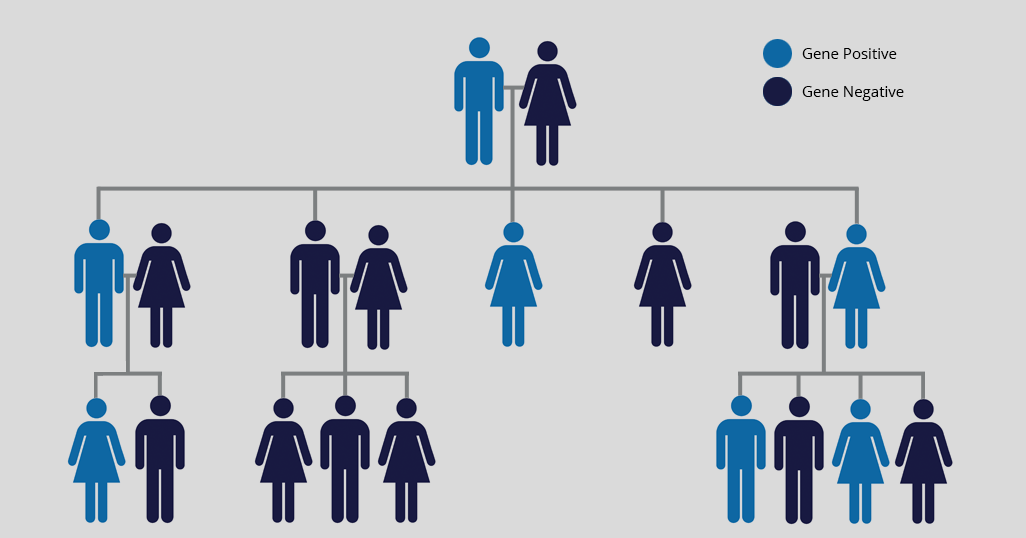For the last 18-24 months, Robert’s platelet count has been
dropping. A healthy count for platelets is a range of 150,000 – 450,000. As of yesterday, the count for Robert’s platelets was 36,000.
Platelets are very important. They are cells in our bodies
that move throughout our blood and “bind-together” when they find damaged blood
vessels. In other words, that cut you just got on your leg is full of platelets
binding together to clot the blood and makes the bleeding stop as well helps to
form the scab that protects the area until it is completely healed.
Low platelet counts can cause easy bruising, trouble getting
blood to clot from an open wound and even frequent bleeding from things like
your nose, gums and GI tract for no reason at all. Putting pressure on the
wound or bleeding can help assist in making it clot but it will take longer for
that to happen and can result in significant blood loss if not careful.
There are many reasons for a low platelet count, too. It can
be a medication he is taking, an issue with kidney function or an enlarged
spleen. There can also be certain types of anemia that could be causing it.
These are all easily treatable. However, it could also be the result of certain
types of cancer in the body – mainly leukemia and lymphoma. Those aren’t so easily treatable.
His primary care physician referred him to an oncologist to
help determine the root cause of this dropping platelet count. Yesterday, the
oncologist performed a bone marrow biopsy in his office and now we wait for the
results. That appointment is next Tuesday.
A bone marrow biopsy is where the insert a needle into the
bone and a small sample of core of bone marrow is captured. Robert says it wasn’t too painful but it was did
feel a bit strange and caused some minor discomfort.
Of course, we automatically questioned if this is somehow related
to his Huntington’s Disease. All of the googling we have done and the
conversations we have had with the doctors say there is no real proven
connection between the two. This issue appears to be something totally
different and unrelated. But, if we are unable to find a treatment for this and
increase his platelet count, we have a HUGE problem in the future.
One of the most common characteristics associated with
Huntington’s Disease is when the chorea (involuntary movement) sets in. This
causes the unsteady gates and frequent falls that many associated with HD often
experience as the disease progresses. This is the time that a normal person
seeing an HD person on the street would simply think “Oh, he must be drunk”.
So, being prone to falling with a condition that will cause
problems making your blood clot and heal itself when you do fall can be a huge
issue.
Imagine the scenario: you are experiencing
the chorea – imagine Muhammad Ali’s uncontrollable
shaking from his Parkinson’s – and it causes you to fall as you are walking
along the sidewalk with your wife. Where you elbow lands was a piece of glass
that causes a nasty gash your arm. Your
wife tries to put pressure on the gash to stop the bleeding but she can’t because
of the chorea.
Obviously a bad scenario all around. That is something we want to stop from
happening as quickly as possible.
For today, we await the results of the test done yesterday.
Until we have conclusive evidence of what the root cause of the issue is, we
cannot treat it. Hopefully, it is just a minor issue that we can easily treat
and erase the low platelet count in his body. We pray for God’s healing and
guidance as we progress down this path he has laid out for us.
.png)


